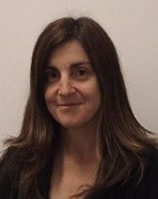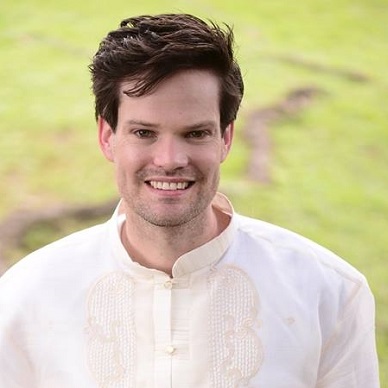ADCET Webinar: Building host organisation capacity to provide safe and equitable WIL for students with disability
ADCET was delighted to welcome Tanya Lawlis and Thomas Bevitt from the University of Canberra as they presented the findings from their research project.
Inclusive and equitable work integrated learning (WIL) requires the collaboration between universities, host organisations and students. Host organisations, however, are not often included in the collaboration process despite being key in the delivery of WIL resulting in them experiencing many challenges to providing a WIL experience. These challenges, while documented in the literature, are possibly not that well understood with host organisations requiring additional supports to help them navigate these challenges.
This webinar presented three components from the ACEN funded Equitable WIL project:
- The findings of the scoping review that sought to understand the challenges and enablers both host organisations and students experienced during the WIL process.
- The exploratory component of the Equitable WIL study where host organisations were invited to complete an online survey and participate in focus groups.
- Arising from the study findings, the industry informed resources were presented and discussed.
Presenters

Associate Professor Tanya Lawlis is the Faculty of Health Associate Dean Education and Strategy, University of Canberra. She developed and has convened the 2022 award-winning WIL unit for non-clinical health students for the last four years. Tanya has a PhD in interprofessional education, with her scholarship and research focusing on employability skill development, including the impact of professional core units on student employability skills, and improving student experiences. Tanya is a Registered Nutritionist with Nutrition Society of Australia, UC Higher Education Academy (FHEA) Fellow and an ACEN NSW/ACT chapter committee member.

Thomas Bevitt is an Occupational Therapist and professional practice placement coordinator. Thomas’s education and research focuses on exploring typical living for all, consumers in health education, and student learning during practice placements. He is currently completing a PhD creating and examining consumer feedback for student learning during practice education placements.
Answers to Questions from the Webinar
Universities are required both under the DDA 1992 and DSE 2005 to provide adjustments - how are you understanding what a student requires?
Every university has a different approach to this. Most universities have a inclusion team where students are able to have confidential conversations with staff, not directly connected to their courses or units of study. The inclusion team develop a report of the requirements and sends copy of these requirements to the academic staff.
Were hosts interested in considering the overlaps and gaps between employment law accessibility requirements vs legal requirements in education context?
We did not explore this topic specifically. It was interesting to note that most of the hosts we spoke too were not aware of the education inclusion requirements.
Do Universities have a transition process for diverse students to identify strengths and challenges - we do this in schools at enrolment so we set students up for success.
A transition program, if they exist would be at an individual institutional level. I am not aware of a formal transition program at our university but have recently seen a new program being advertised for internships for diverse student to assist with gaining meaningful employment.
July 2023
Attachments
Related links
- ACEN Conference 2024: Advancing Quality WIL for Learning and Employability in an Ever-Changing World
- ADCET Communities of Practice - including the WIL CoP
- Challenges to delivering university health-based work-integrated learning to students with a disability: a scoping review
- Resource: “Stories of success” - Inclusive work-integrated learning (WIL) practices that support diverse learners
- Resources: Equitable WIL

